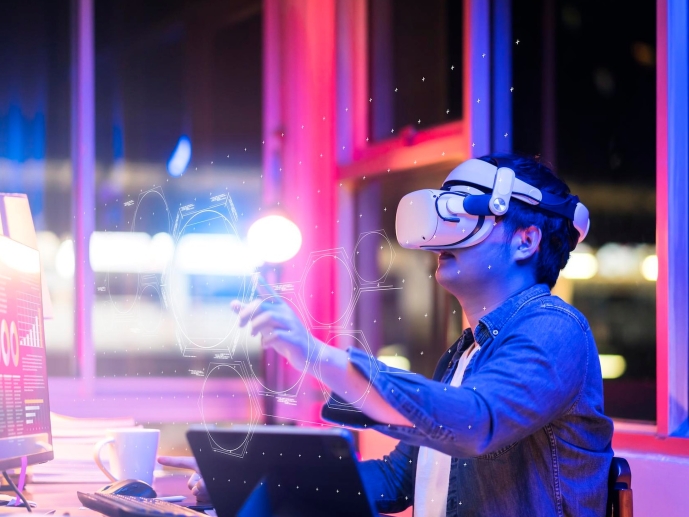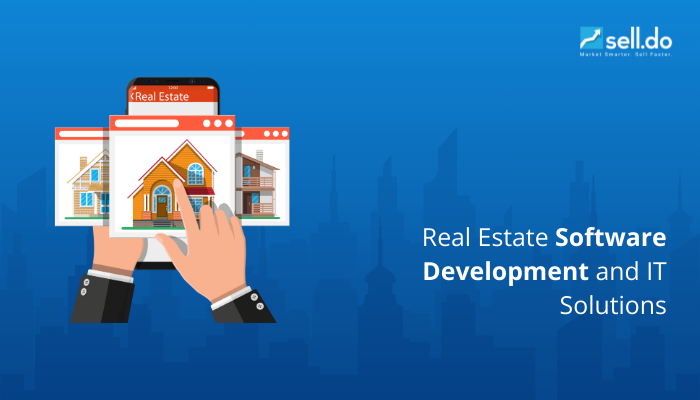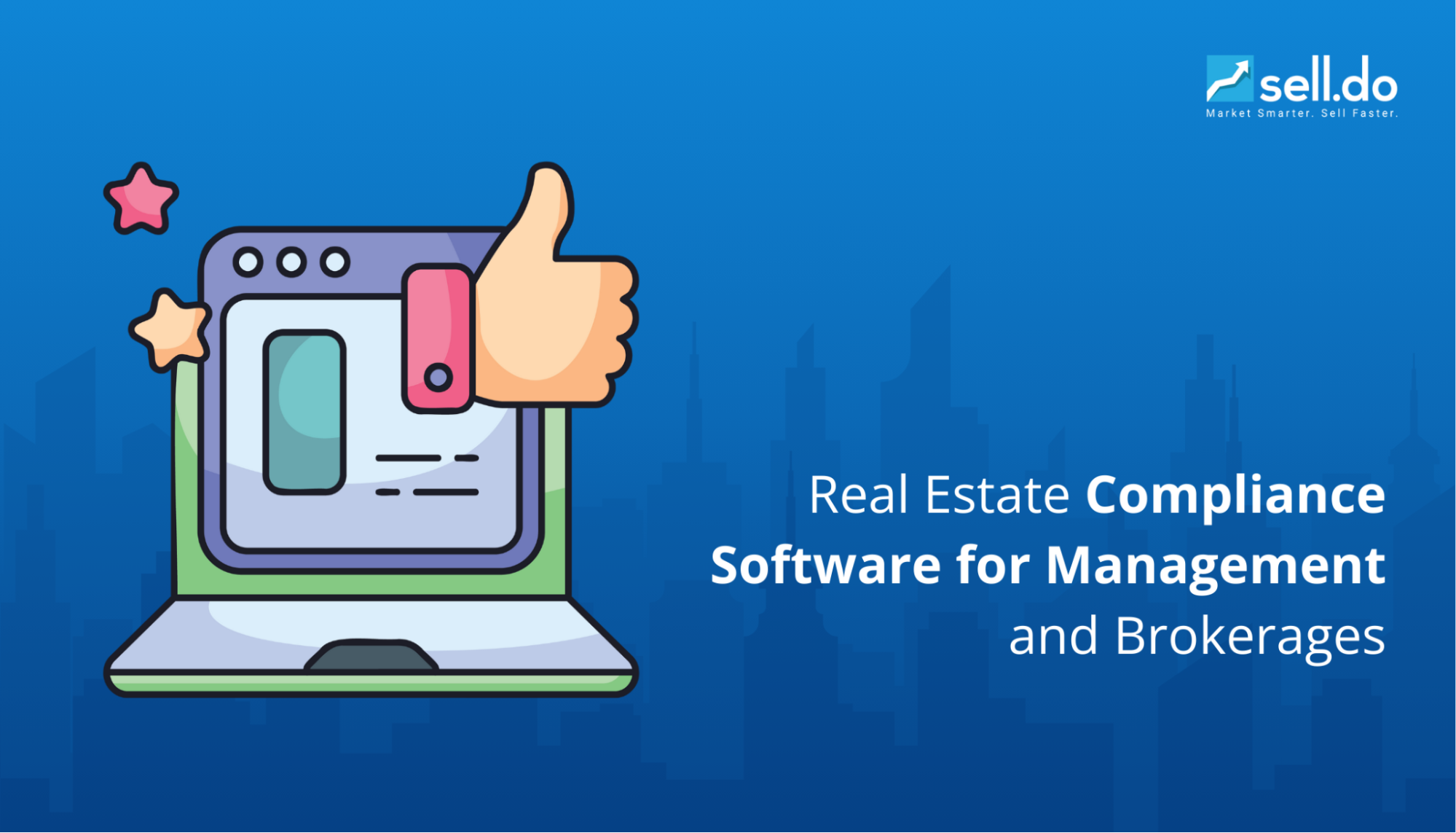Virtual Reality (VR) means the simulated, three-dimensional environment that is created with technology, and which can be interacted with. It allows for near-realistic imagery to be generated, and this imagery can be explored. With the fast advances that are occurring in technology, the use of virtual reality has greatly increased, and it is proving to be a valuable tool for several commercial sectors.
Virtual Reality in Real Estate:
The real estate industry is no longer limited to its traditional means of operating. It has adopted technology and digitation is several aspects of its functioning, and has increasingly been using the technology of virtual reality too. This usage has transformed the industry, and is leading to a lot of positive changes being brought about in its operation.
In real estate, the most crucial element to convert potential consumers into actual sales is the site experience that is given to consumers. They have to be shown a realistic picture of how the property could look as their dream home, so as to help them make a positive decision. This picture can be easily and effectively created using VR technology in real estate, and hence it has become a popular trend. By the use of virtual reality, real estate has been able to expand beyond territories.
Consumers can now gain site experiences, and communicate their queries, preferences etc. for properties in any corner of the world. Since the dependance upon arranging physical site visits has lessened, the costs and time associated with them have also been greatly reduced. This has made the industry highly efficient.
Besides this, there are some other significant uses of virtual reality in real estate:
Virtual property tours:
![Virtual property tours]()
Purchasing real estate is a big financial commitment, and consumers want certainty in their liking of the property. For this, it is essential for them to be able to visit the site, personally look at the layout, design and amenities, and only then can they make an informed decision. It also invokes a strong sense of ownership in consumers, since they can actually visualize the property turning into their home, office etc. Proximity to the desired property becomes very important for such visits, because it is both time-consuming and expensive to frequently travel to faraway properties.
However, with virtual property tours, this burden is removed from the consumers and they can enjoy site visits from the comfort of their homes. This widens the real estate market scope, since consumers can easily experience virtual tours and purchase property from anywhere.
-
Virtual visualizing and staging of properties:
![Virtual visualizing and staging of properties]()
The marketing and sales of properties that are under construction is a challenging task for developers. They are often not able to effectively communicate their vision for how the property will turn out, and this deters the consumers from wanting to make the purchase. However, with virtual reality, the sale of properties that are under construction has also been made possible. Due to the advanced technology that it uses, VR allows developers to show consumers an exact picture of how the property will look internally and externally, before it has even been completed.
An added advantage of this is that the developers can also get a deeper understanding of consumer preferences, since they can show them a futuristic image of the ready property and adopt their preferences before the construction is complete.
-
V-Commerce of Real estate:
![Automation In Real Estate]()
V-Commerce is an upcoming new practice, which is a combination of E-Commerce and VR. In simple terms, it means commercial sales that are made or facilitated through virtual reality. With respect to real estate, the virtual imagery of properties that can be created is an important component of V-Commerce.
While virtual staging is being done, a purchase option can be added with any element, which will allow consumers to customize the property as per their liking. Besides the customization, an added advantage of V-Commerce is that developers or realtors can also get an opportunity to sell elements that have been added to the virtual imagery, if it is liked by consumers.
-
Virtual reality in real estate rentals:
![Automation In Real Estate]()
VR technology in real estate is now being increasingly used in property rentals. Tenants can experience virtual tours of the property and can gain insights on the operation of the various utility services available at the concerned property. This has made communication between the tenants and realtors or landlords more effective and streamlined.
Due to the use that VR can have for real estate in so many diverse areas, it has transformed the industry. Real estate has adopted technology and digitization in all its aspects, and the most significant change brought about this is the use of real estate CRM software. CRM technology enables a real estate business to automate and easily keep track of its entire scope of operations.
Sell. Do is one such real estate CRM software, and it is India’s only integrated real estate CRM solution. It covers all the requirements of the industry, and it is a complete and convenient platform for real estate businesses.















Leave a comment
Comments (0)
Be the first one to comment.